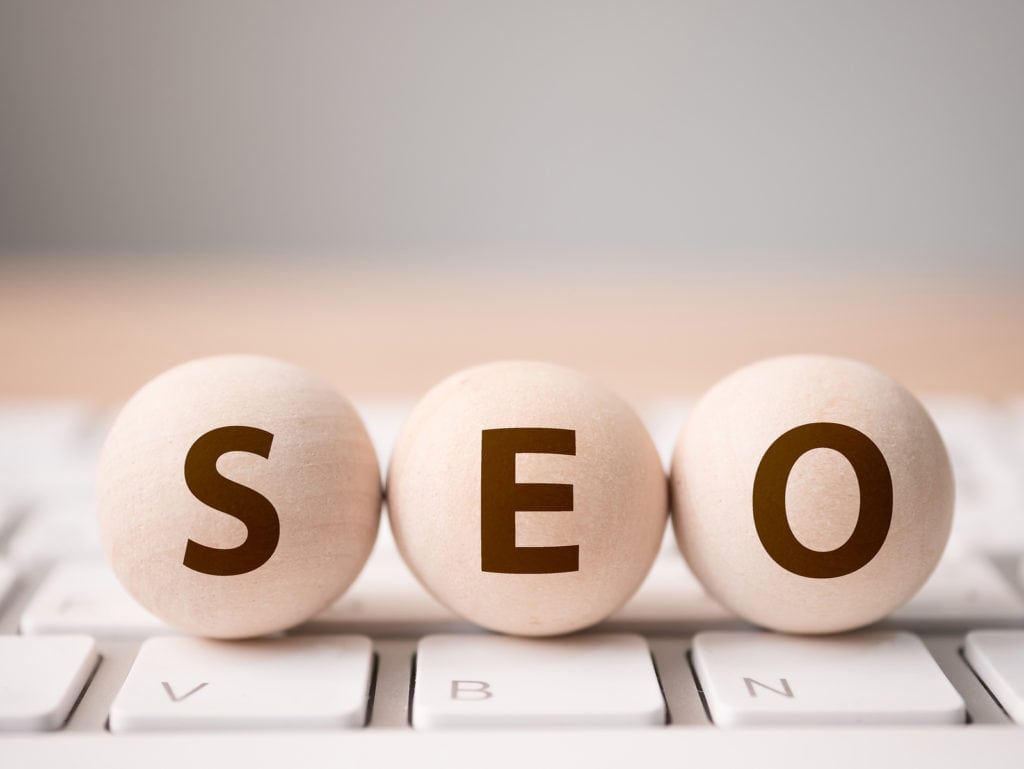Website titles, meta descriptions, keywords, headers, URLs, links and alt tags are all crucial elements that can help your site’s SEO exponentially when formatted properly. Continue reading to see how these components can be optimized effectively to improve your site’s rankings on search engine results pages.

People want information, and they want it fast. That’s why Google is the world’s leading search engine and why good SEO is so vital to thriving in today’s digital landscape.
If you want to learn how to optimize your website to rank higher on search engine results pages (SERPs), you’ll need to familiarize yourself with general SEO tactics and strategies designed to improve your website’s success on the Google.
If you don’t learn these practices, your website will flounder and your rankings will drop, making it less and less likely people will find your site over another. If you want your website to avoid that grim fate, continue reading to learn about the tactics that are staples of good SEO and website success.
How To Get Your Site On Google
Before we get into specific SEO tactics, it’s important to understand how and why SEO works. Your goal as a web developer is to have your site and its pages stored in Google’s index. When Google indexes your pages, that makes it available to people who use Google, giving them the opportunity to find it through search.
Google automatically fetches pages to its index through a process called crawling, which Google defines as the process of looking for new or updated web pages. Crawling is done by crawlers, or automated software that crawls pages from the web and puts them in Google’s index.

General Elements Of SEO
Implementing the following elements into your website will make it much more friendly to search engines as they determine what sites relate best to user searches. Following the practices below will help better optimize your website to user searches and hopefully improve your results on SERPs.
Titles
Each page will have a set of title tags that tell both search engines and users what the page is about. This title should be unique and accurately describe the page’s content, while being descriptive enough for users — and Google — to get a sense of what the page is about.
Meta Descriptions
Meta descriptions are similar to the title tags in that they are very important to SEO. Description meta tags help to provide a unique summary of what the page is about, which helps search engines determine if the page is relevant to a particular search. Google may also use meta descriptions as a snippet of text shown on SERPs, showing users the relevancy of your page.
Keywords
Keywords are important words and phrases that in your website’s content that appeal to user searches in search engines. Using keywords in content, titles, headers and meta descriptions will help tailor your content to the needs or search engine users, which increases the likelihood of users finding your site.
A word of caution: do not overload your content with keywords just for the sake of adding keywords. Google will know and it will hurt your SEO.
Headers
Placing text in between header tags — <h1></h1>, <h3></h3>, etc. — will help to place importance on certain words on phrases on your website content, which the search engine will use to rank your site. Using header tags not only helps search engines recognize important content, but it also gives users a preview of your content, telling them what the following content will be about.
The code for the header for this section looks like this: <h3>Headers</h3>. You can see how it appears on this page, with “Headers” being emboldened in blue. That tag not only helps you determine what this section is about, but it helps the SEO for this post, too.
Alt Tags
Alt tags are another important element to your website’s SEO. These tags are used to describe images used on your website to help crawlers, and users using assistive technology, understand what the image is. Alt tags should be brief just like title tags and meta descriptions, but informative enough to give a sense of what the image is.
Links
Linking, either internally or externally, will also help your SEO. When linking to anchor text in your content, make sure the text refers to what you’re linking to. By using descriptive anchor text, you’ll help show users what you’re sending them to, which will build trust throughout your site.
Internal links will keep users on your site and increase the authority of your pages and overall site. External links to reputable and relevant content outside of your website will also improve the authority of your website, but just as with keyword usage, moderation is key.
SEO Help
SEO is a complicated process but is extremely rewarding to your website once you have the basics honed in. If you find yourself needing help with optimizing your website for search engine success, contact the team at Strunk Media to implement proven SEO strategies that will increase your rank on SERPs.
